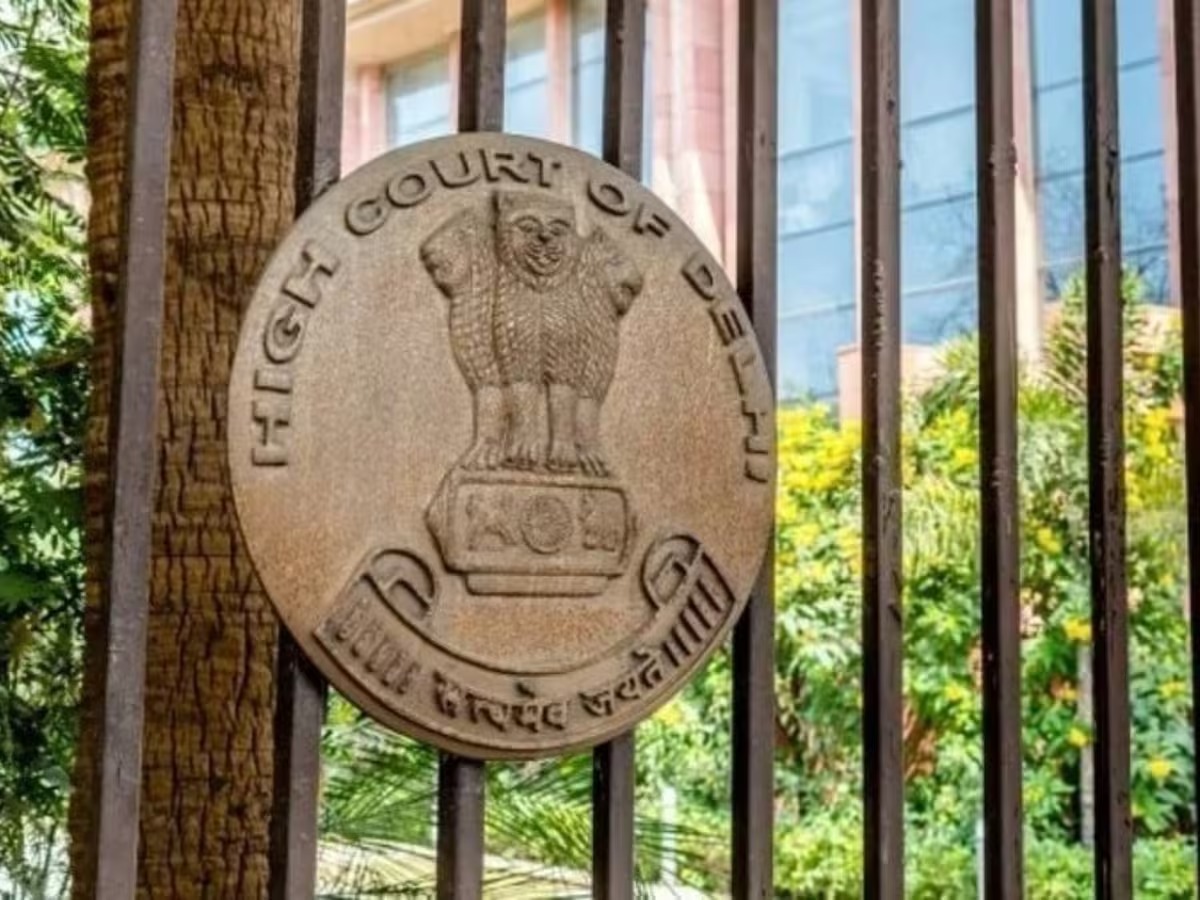Mehtab S. Gill, J.@mdashThis is a revision petition against the judgment dated 26.4.1991 passed by the Additional Sessions Judge, Bhiwani, whereby he convicted appellant/petitioner Murli Dhar u/s 61(1)(a) of the Punjab Excise Act, 1914 and sentenced him to undergo R.I. for six months and to pay a fine of Rs.2000/-. In default of payment of fine, to undergo further RI for two months.
2. The prosecution case is that ASI Om Parkash (PW1) received secret information that appellant/petitioner Murli Dhar and his wife Krishna were indulging in sale of illicit liquor. Ruqa (Ex.PA) was sent to the Police Station. Formal FIR (Ex.PA/1) was recorded at Police Station Sadar, Bhiwani. ASI Om Parkash (PW1) joined Prabhu Ram H.C. (PW2) and two other constables in the raiding party. On the way, an independent witness Hoshiar Singh was joined along with Shri R.N.Chutani, D.E.T.C., Bhiwani. On reaching the house of the petitioner, the police party saw Krishna throwing the illicit liquor across the boundary wall, which had been kept in a Degcha. Thereafter, she ran away. Appellant/ petitioner was apprehended at the spot. Disclosure statement (Ex.PB) of the appellant/petitioner was recorded, He disclosed that he had kept 226 bottles of illicit liquor in two tubes in the house of Gurdial Mahajan. The house of Gurdial Mahajan was in his possession. Recovery was effected. Six jerricans (Ex.P1 to Ex.P6)and two tubes (Ex.P7 and Ex.P8) were taken into possession.
3. The prosecution, to prove its case, brought into the witness box ASI Om Parkash, Investigating officer as PW1, H.C.Prabhu Dayal as P W2, SI/SHO Pritam Singh as PW3. Roop Narain Chutani, DETC as PW4.
4. Learned counsel for the petitioner has argued that the disclosure statement (Ex.PB) made by the petitioner is not admissible in evidence. Illicit liquor, as per prosecution version, was thrown over the wall by Krishna, wife of the petitioner. Krishna has not been charged for any offence. Thus, no illicit liquor could be recovered from the appellant/ petitioner and the disclosure statement (Ex.PB) was a fictitious document. The illicit liquor has been planted on the petitioner. Learned Counsel further argued that the disclosure statement (Ex.PB) only states that illicit liquor was lying in the house. It was only in the knowledge of the appellant/petitioner. The other portion of the disclosure statement (Ex.PB) that he was in possession of the house and he had kept the illicit liquor, is not relevant and is not admissible in evidence. There is a flaw in the evidence led by the prosecution as the petitioner was not given an opportunity to lead his defence evidence.
5. Learned counsel for the State has argued that the disclosure statement (Ex.PB) is admissible to the extent that the petitioner has admitted that illicit liquor was lying in a certain portion of the house, which was in his possession. This itself is sufficient to establish the guilt of the petitioner.
6. We have heard learned counsel or the parties and perused the record with their assistance.
7. The disclosure statement (Ex.PB) made by the petitioner to the Investigating Officer is categorically clear and states that the illicit liquor is lying in the room, which the petitioner has taken on rent portion of the house, where the illicit liqueur is lying. Presumption that the illicit liquor belongs to the petitioner is there as that portion of the house was in possession of the petitioner.
8. Next argument of the learned counsel for the appellant that the petitioner was not given ample opportunity to lead his defence evidence does not cut any ice. Ten opportunities were given to the petitioner to lead his defence evidence, but for the reasons best known to him, he did not get any witness into witness box. The evidence of the official witnesses is truthful and cogent. There is no infirmity in their statements They corroborate each other.
9. I do not find any infirmity in the judgment of the Additional Sessions Judge, Bhiwani, Conviction of the petitioner is maintained. Petitioner filed this revision in 1991. The sword of conviction is hanging over his head since then. This itself is a punishment. Sentence of the petitioner is modified to the extent of imprisonment which he has already undergone.
10. With the above modification in the sentence the revision petition is dismissed.

